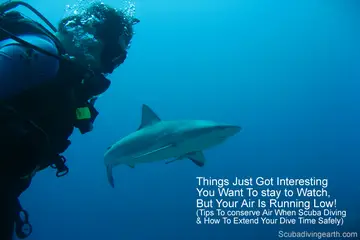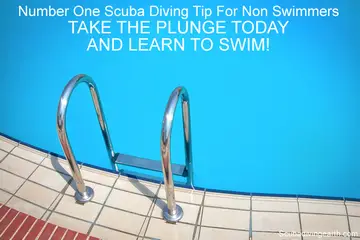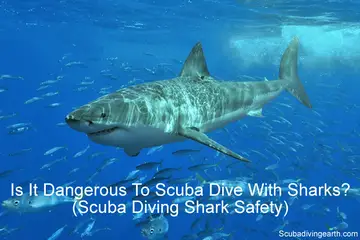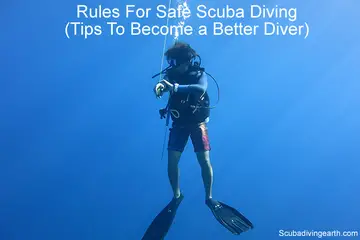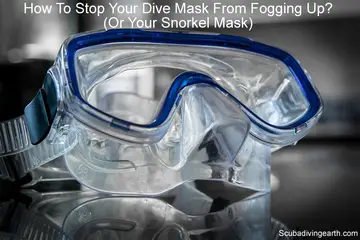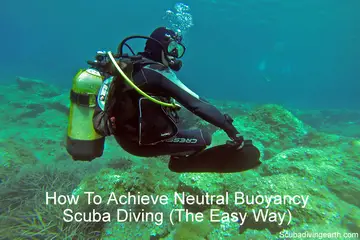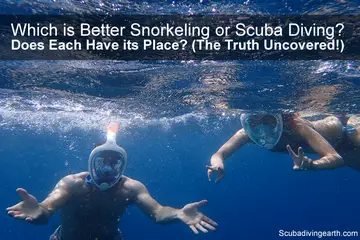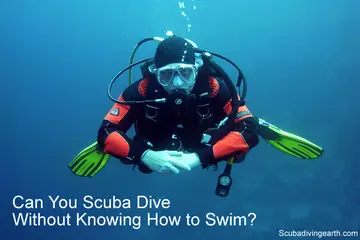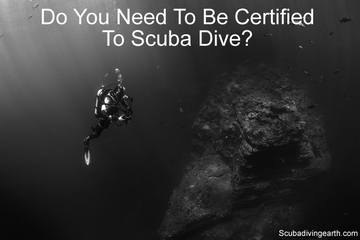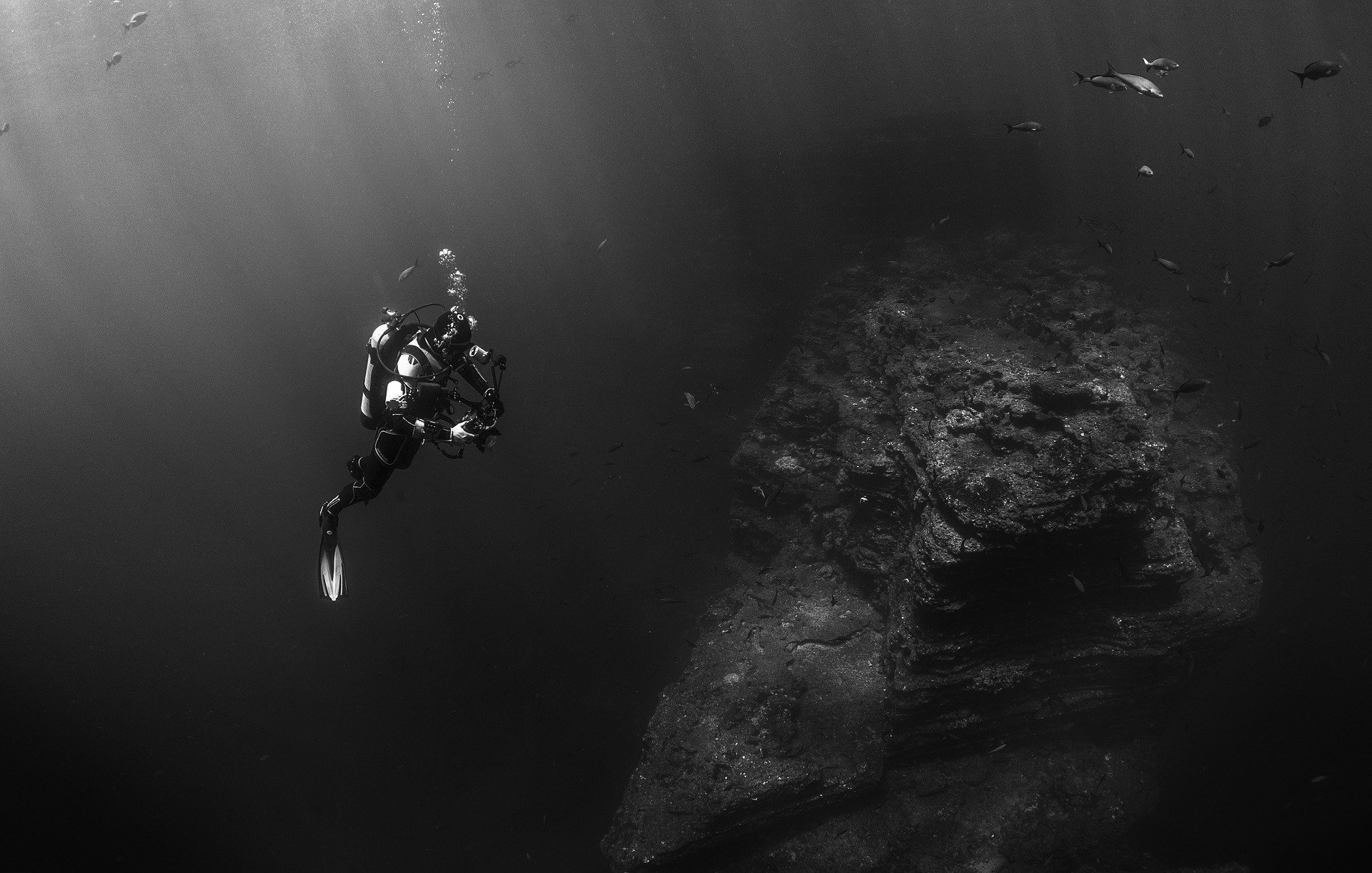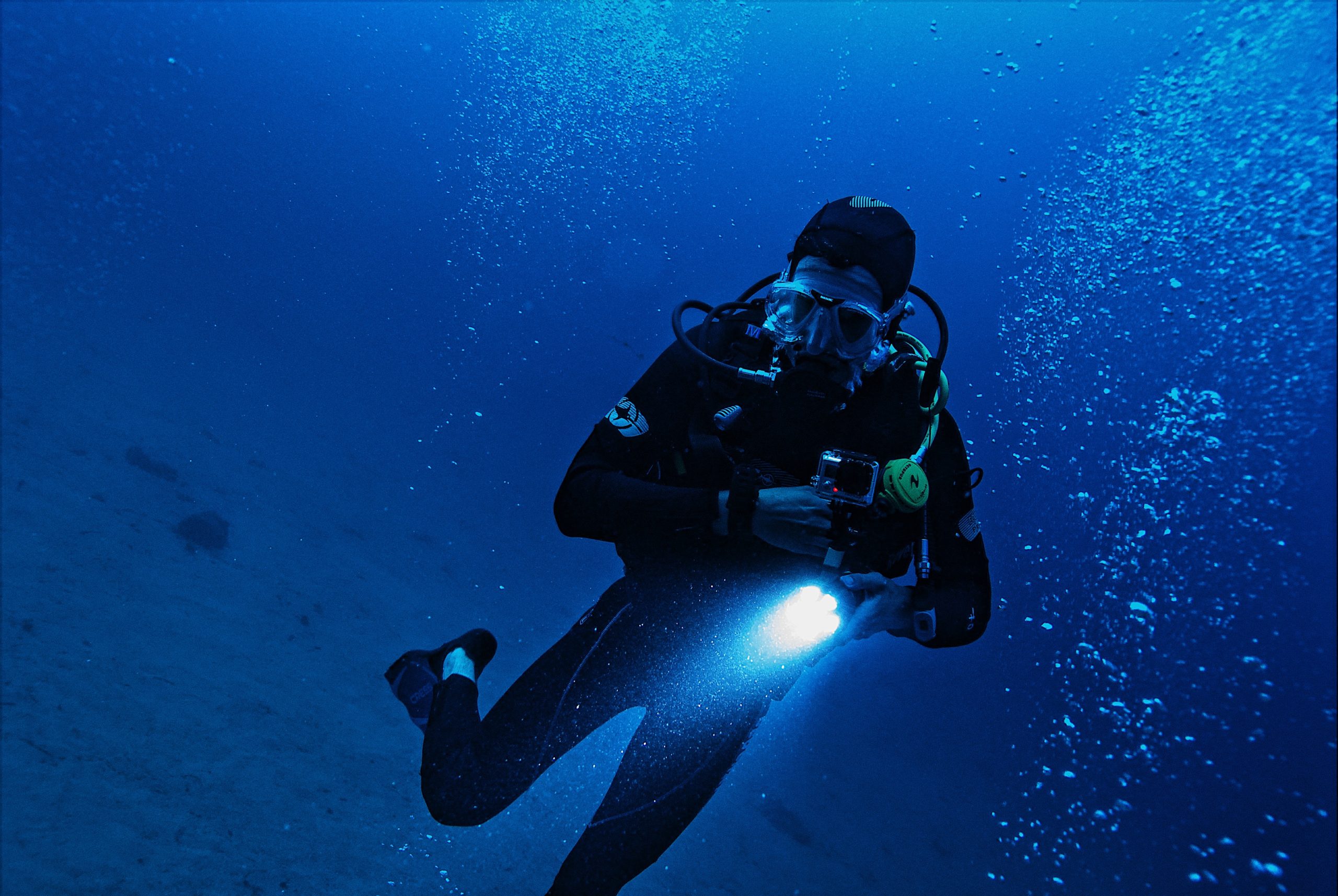If you’re looking for a quick answer to: “Is it dangerous to scuba dive with sharks;” The answer is no. If you want the answer to: “Do divers get attacked by sharks?” The answer is yes. But if you ask a different question: “What are the odds of a shark attack?” The odds (According to the Wild Life Museum) of getting attacked AND killed by a shark are 1 in 3,748,067. But in a lifetime, you are more likely to die from fireworks (1 in 340,733), lightning (1 in 79,746), drowning (1 in 1,134), a car accident (1 in 84), heart disease (1 in 5). So you’re more likely to die of a heart attack whilst waiting to be attacked by a shark scuba diving. There are on average 70-100 shark attacks worldwide each year (That’s all shark attacks by the way, as scuba diver shark attacks are extremely rare), where between 5 and 15 result in death. So be careful if you’re driving to your shark dive, because you are more likely to be killed on the way there!

